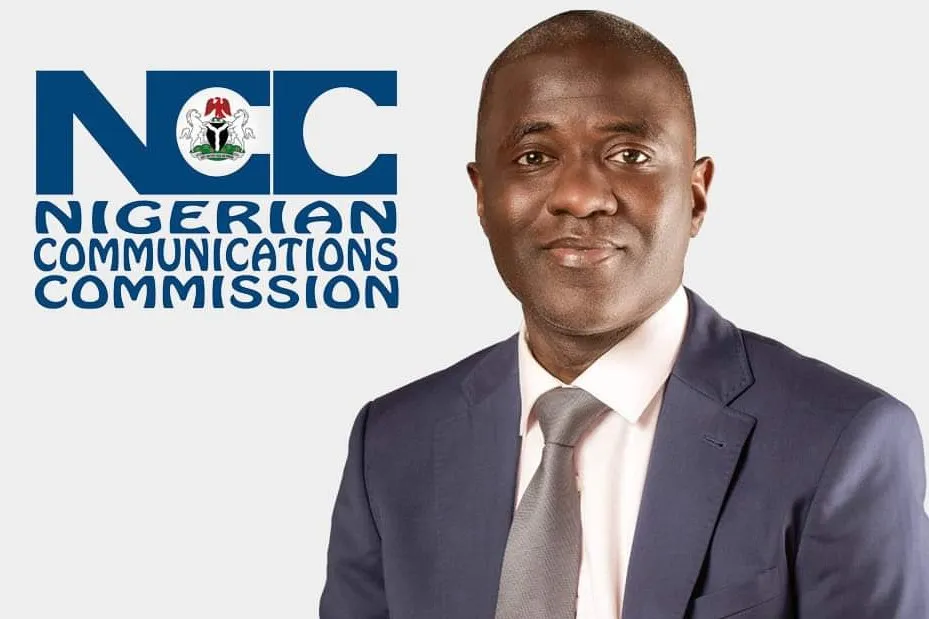The Nigerian Communications Commission (NCC) says it is leaving nothing to chance to ensure that its commitment to Quality of Experience for telecom consumers is to make sure that consumer rights are not compromised.
Speaking at the Industry Consultative Forum hosted by the Commission in Abuja on Tuesday on a regulatory instrument being developed to address the issue of unutilised and unclaimed recharges for airtime and data by the telecom consumers, Executive Vice Chairman of the NCC, Dr. Aminu Maida said that, while telecommunications industry has long been a pillar of economic growth, financial inclusion, and digital transformation and with the widespread reliance on mobile services, prepaid plans have faced emerging challenges especially those that may compromise consumer rights. One of such is the fate of prepaid balances when accounts become inactive.
“Striking the right balance between safeguarding consumer rights, ensuring effective regulatory oversight, and maintaining industry sustainability requires a collective effort, and this forum presents an opportunity to explore practical solutions on this subject. At the heart of our discussions, today is the issue of unclaimed recharges.
“The Quality-of-Service Business Rules 2024 stipulates that a prepaid line without a Revenue Generating Event for six months must be deactivated, and if inactivity persists for another six months, the line may be recycled. Subscribers have the right to reclaim their unused credit within one year, provided they can demonstrate ownership.
“However, the broader debate remains—should operators be required to refund unused airtime, or should the principle of “use it or lose it” prevail? Our goal is to arrive at a framework that protects consumers while ensuring the continued efficiency and competitiveness of the industry. The Commission remains committed to fostering a fair, transparent, and consumer-centric telecommunications landscape.
“Today’s discussion is critical to refining our policies and ensuring that our regulatory approach aligns with the dynamic nature of the market. As we deliberate, I encourage open and constructive engagement, as your insights will be invaluable in shaping a framework that balances the interests of all stakeholders,” Dr Maida said through the Executive Commissioner, Stakeholder Management, Rimini Makama who delivered his speech.
In her opening remarks, the Head of Legal & Regulatory Services of the NCC, Mrs Chizu Whyte, said that the Forum represents a crucial step in fulfilling the Commission’s mandate to create and develop regulatory instruments that foster a vibrant communications market and regulatory environment benefiting all stakeholders.
According to Mrs Whyte, the “issue of unutilized and unclaimed recharges on churned subscriber lines represents both a consumer protection challenge and a regulatory opportunity. When subscribers are disconnected after extended periods of inactivity as defined by our Quality of Service Regulations, many leave behind unused credits.
“This Draft Guidance seeks to establish clear, fair, and transparent procedures for managing these funds, ensuring that subscribers maintain rightful access to their purchased credits while providing operators with regulatory clarity,” she told the Forum.
Key provisions of this Draft Guidance according to Mrs Whyte include: “Firstly, establishing a 12-month window during which affected subscribers can claim unutilized recharges after their lines have been churned, provided they can verify ownership. This balances consumer rights with operational practicality.
“Secondly, requiring operators to conduct comprehensive audits of all churned numbers and submit detailed documentation of all unclaimed and unutilized recharges, ensuring transparency and accountability in the process.
“Thirdly, directing that unclaimed recharges cannot be monetized but must be made available through service options to the affected subscribers, including voice offerings, data plans, and value-added services on the primary network.
“The Commission has also outlined clear timelines for implementation, with operators expected to achieve full compliance within ninety days of issuance, alongside comprehensive consumer education and notification requirements. In this digital age, where telecommunications services form the backbone of our economic and social interactions, proper management of consumer credits becomes increasingly critical.
“The proposed Guidance aligns with our broader commitment to consumer protection while acknowledging the operational realities faced by our licensees. The Nigerian Communications Commission and stakeholders across the industry have worked diligently to advance our communications ecosystem.
“This Draft Guidance represents another step forward in creating an environment of regulatory excellence that protects consumer interests while providing clarity to service providers. Your input and comments during this session will be significant in refining this Guidance. We value your expertise, experience, and insights as we work to ensure the final framework serves the needs of all stakeholders.”

